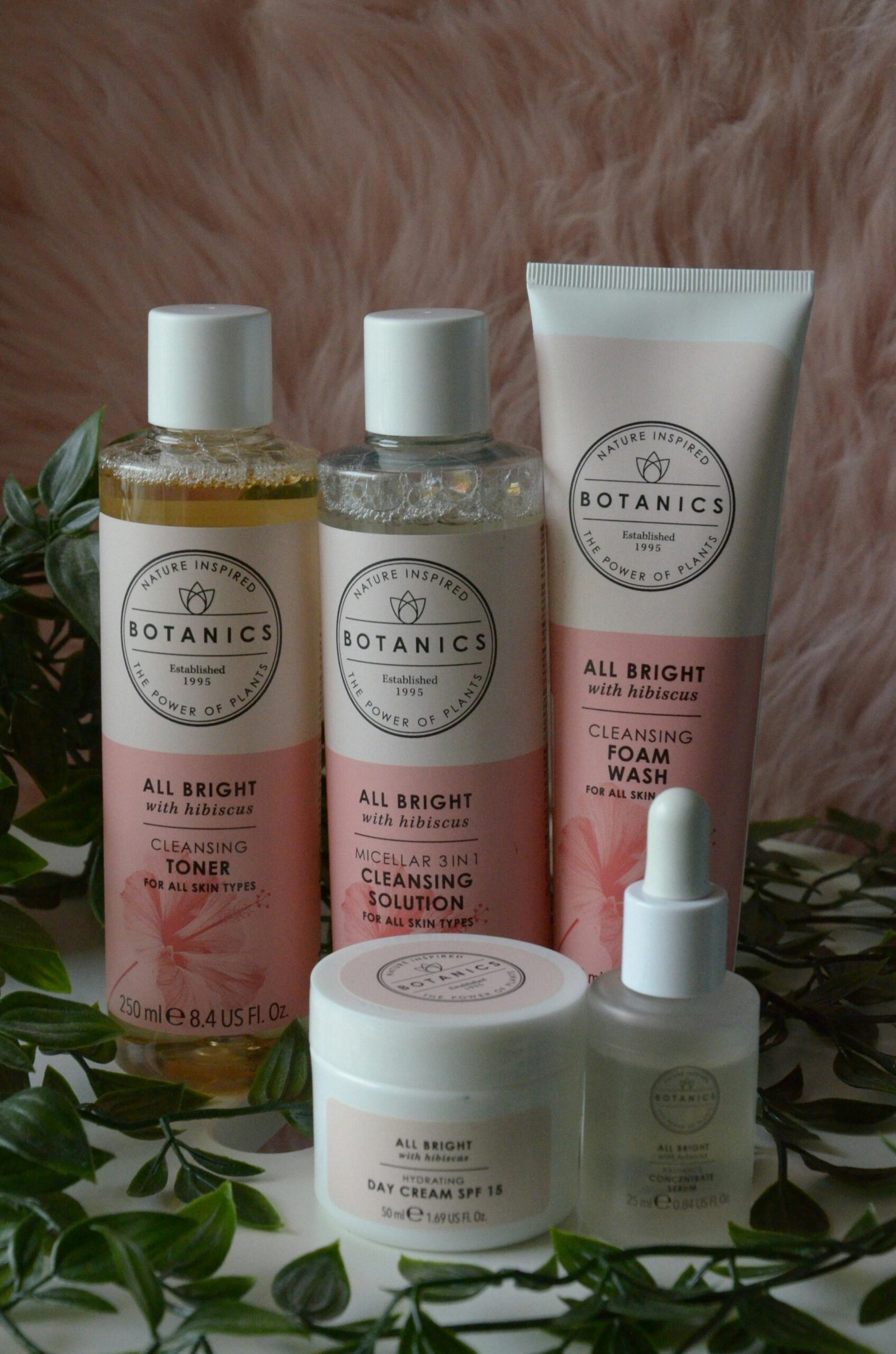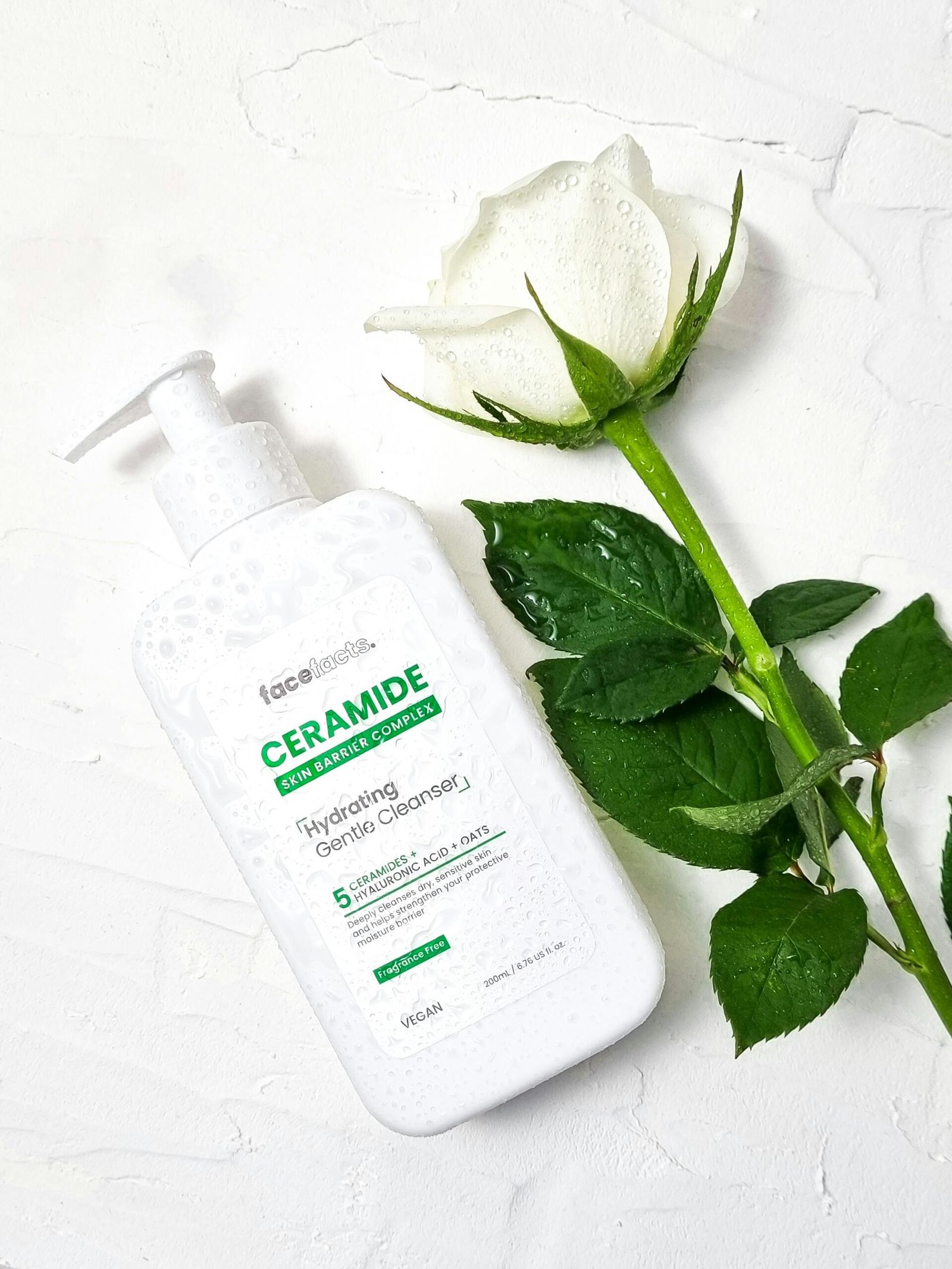
Unlock the secret to healthier, glowing skin by understanding how hormones impact your skin and what you can do to maintain balance.
Hormones off balance cause everything from acne breakouts and dryness to hyperpigmentation-or it might be your hormones being funny. Understanding how these changes in your hormones will impact your skin shall enable you to make the right decisions both in skin care and lifestyle changes.
Now, on to the science behind hormones and their implication on your skin.
Introduction to Skin and Hormonal Imbalance
There are lots of things your body has that are dictated by hormones, including the ways in which your skin acts. Critical changes in some key hormones such as estrogen, progesterone, testosterone, and cortisol can also affect the skin texture, oil produced, and sometimes advance the aging process. The ability to feel such changes on your skin and hence take remedial action largely depends on early detection of symptoms.
Hormonal Skin Problems Acne
High levels of androgen can trigger sebum production that causes blockage in pores and resultant acne around the chin area.
Dry Skin: On the other hand, a decrease in estrogen can result in your skin losing its natural oils, becoming dry, wrinkled, and lined.
Hyper-pigmentation: Also a sign of hormonal imbalance, melasma, or skin discoloration.
Premature Aging: In other words, it is the menopause nosedive in hormones that accelerates the destruction of collagen.
Hormonal Acne: Why It Happens and How to Treat It
Acne tends to flare up with your menstrual cycle, pregnancy, and menopause. Androgens, such as testosterone, ensure that sebum is produced, inflaming skin tissues and leading to a pimple breakout. Non-comedogenic products, treatments that include benzoyl peroxide, or salicylic acid will ease flare-ups. Dermatologists may prescribe oral contraceptives and hormone-balancing treatments for the more serious cases.
Changes in Skin Associated with Estrogen and Progesterone
Estrogen and progesterone rise and fall with menstrual cycles, pregnancies, and menopause.
High levels of estrogen will keep your skin well-hydrated and a lot more elastic. When levels are low, skin can be a lot drier, thinner, and more sensitive.
Progesterone may cause increases in the amount of sebum produced and could lead to worse acne for some.
Cortisol, or the stress hormone, is havoc on your skin. In fact, high levels of cortisol stimulate oil production, promoting outbreaks of acne, and even break down collagen, causing wrinkles and skin sagging.
It is necessary to learn how to manage stress since long-term stress can worsen conditions on the skin.
Learn More about impact of Stress on Skin and ways to tackle it. Click here.
How to Balance Hormones for Healthier Skin
Balancing your hormones is a vital key to healthier skin. While there is, to some effect, natural hormonal up and down, fortunately, here are tips on how to help them be in order:
Exercise regularly: Physical activities, such as aerobics, help the body balance hormones like cortisol and insulin, which both have some effect on the skin. On the plus side, an exercise boosts blood flow, which improves one’s complexion.
Stress Control: Cortisol, a stress hormone, when in high amounts in the body, may lead to increased breakouts, redness, and even premature aging. Meditation, yoga, and deep breathing can decrease cortisol levels through control of one’s response to stress.
Get Enough Rest: Poor sleep upsets hormonal production, specifically release hormones such as cortisol and growth hormones, which are so important in skin repair and regeneration.

Diet and Lifestyle Tips to Help with Hormonal Balance
The following nutrients and foods can help with hormonal balance, and in the process, prove to be helpful for your skin.
Good Fats: Omega-3 fatty acids in salmon kinds of fish, walnuts, and flaxseeds support hormone production. It cuts down on inflammation that keeps skin calm and clear.
Antioxidants: Antioxidant-containing foods like berries, leafy greens, and green tea protect skin from oxidative stress.
Limit Sugar and Processed Foods: Consuming high amounts of sugar may raise insulin levels, which turns up oil production and inflammation. Keeping your sugar intake low can balance your skin and keep it clear.
Hydrate: Hydration is directly related to hormonal balance and skin health. At least 8 glasses of water per day should be consumed to achieve skin that always appears plump and hydrated.

Conclusion
In the journey to better skin health, understanding the role hormones play is crucial. By implementing lifestyle changes, eating a balanced diet, and choosing the right skincare products, you can restore your skin’s natural glow and address common concerns like acne, dryness, and signs of aging.
Balance is key, both internally and externally. So, let your skin reflect your inner health and vitality.

